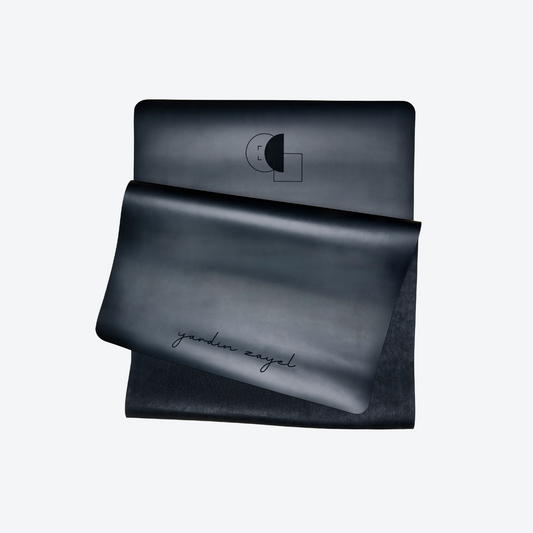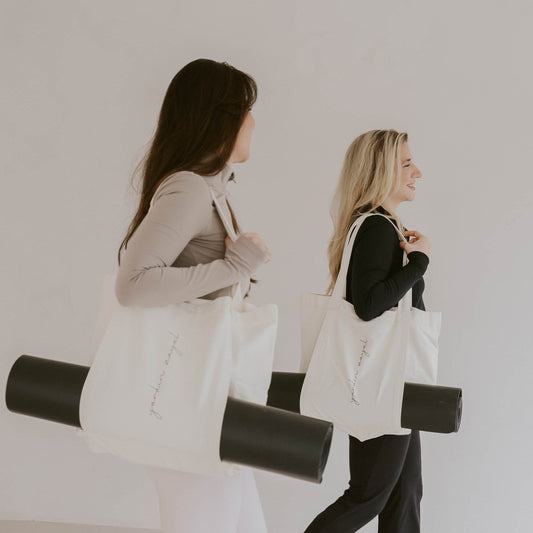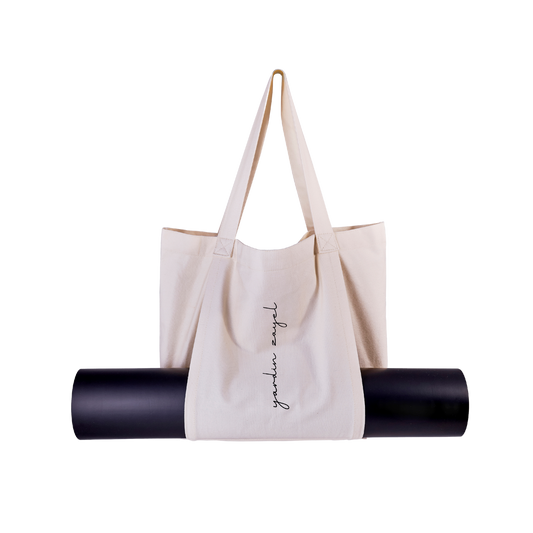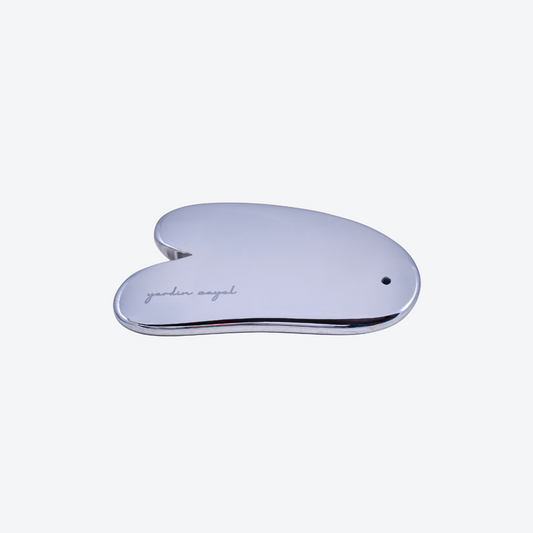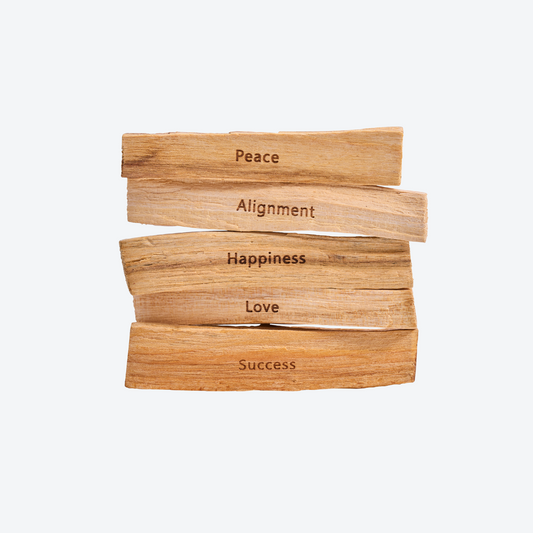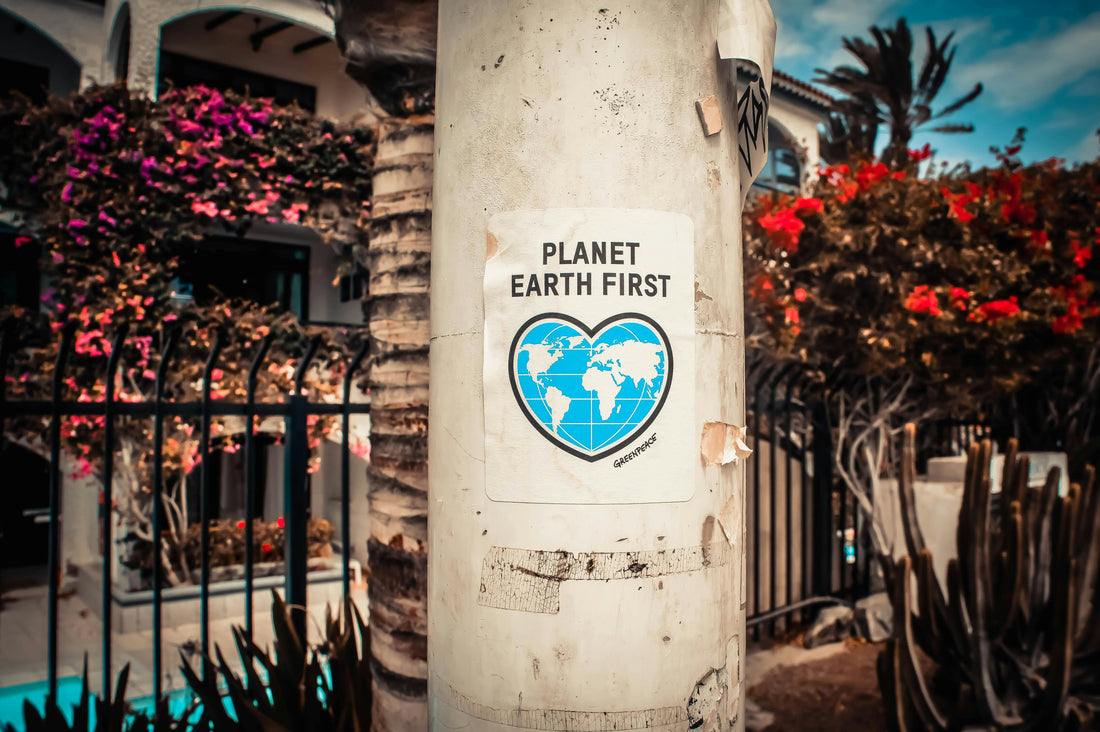
Do I need this – or do I just need something quick?
Why conscious consumption has more to do with inner clarity than with prohibition culture
It is a question that is rarely asked out loud:
Do we buy things because we need them? Or because we're temporarily out of sorts and the next impulse buy promises us we'll do it again?
The statistics are sobering:
According to a representative study by the Federal Environment Agency (2023), over 60% of Germans admit to consuming more than they actually need – although at the same time there is a growing need for mindfulness and sustainability.
Welcome to the era of the mentally overloaded shopping cart.
Conscious consumption: A trend that shouldn't be one
In contrast to the renunciation rhetoric of the 2000s, “conscious consumption” is not a radical alternative, but a sober reality check:
Not everything you can have is something you need. And not everything you leave behind is a loss.
In a 2021 study, Oxford University found that people who reflect on their consumption behavior experience significantly less stress, a more stable self-image, and a greater sense of autonomy —regardless of income or lifestyle.
Less is not a deficiency. It's a statement.
You don't have to have everything to be fulfilled.
You can decide to consume more slowly – and find yourself more quickly.
Here are three ideas that can help you consume more consciously:
1. Buy less, choose better
Quality over quantity is not a luxury. It's a safe space: for you, for your values, for the resources of others.
Before every purchase, ask yourself: Do I need this – or do I just need a break, a stimulus, a distraction?
2. The return to function
Not every product needs to convey your identity. Sometimes it's enough if it works well, lasts a long time, and feels good.
Minimalism doesn’t start in the closet, but in the mind.
3. Consciously postpone purchasing decisions
According to a study by the WWF (2022), the impulse rate for online purchases is reduced by over 40% if you set yourself a purchase time buffer of 24 hours.
So: Fill your shopping cart and then leave. Don't buy. Don't decide until tomorrow.
Earth Day 2025: Not a day of action. An invitation.
Earth Day is not meant to remind us that we are doing everything wrong – but that we can start thinking differently.
Not faster. Not more perfect. But more conscious.
The earth doesn't need heroes.
It requires habits. New rituals. And people who are willing not to want everything right away.
Perhaps this is the real gift of this day:
The realization that you need less to be more.

